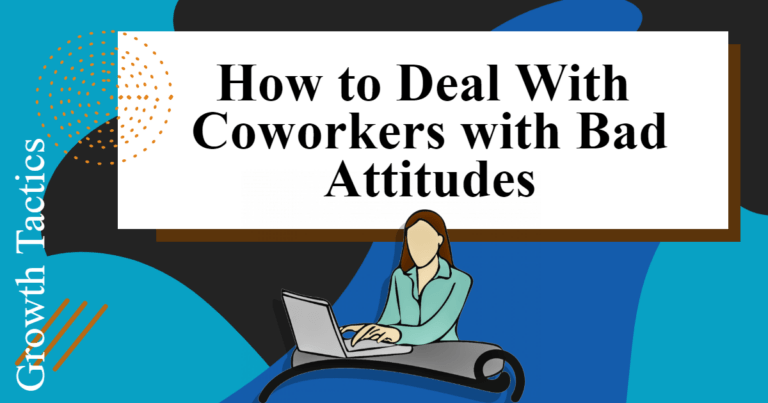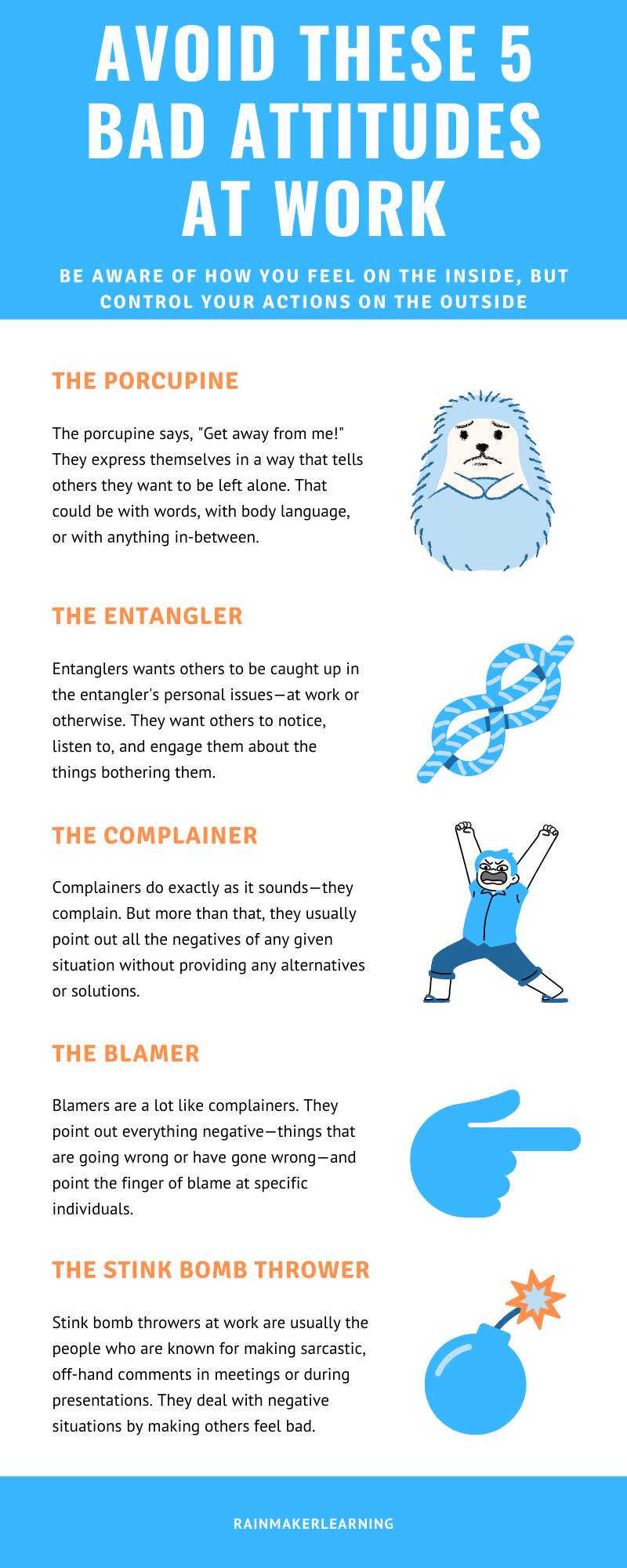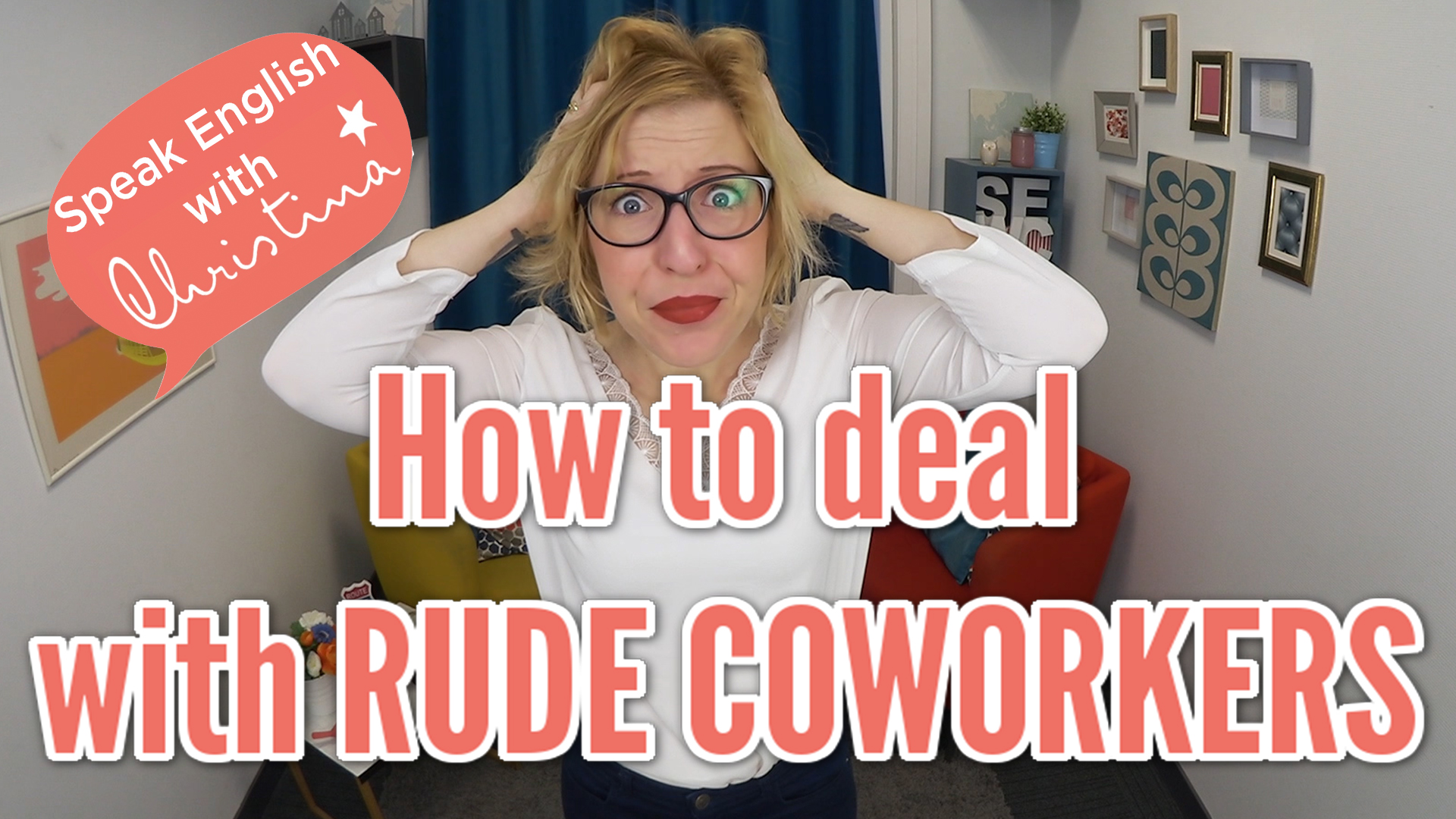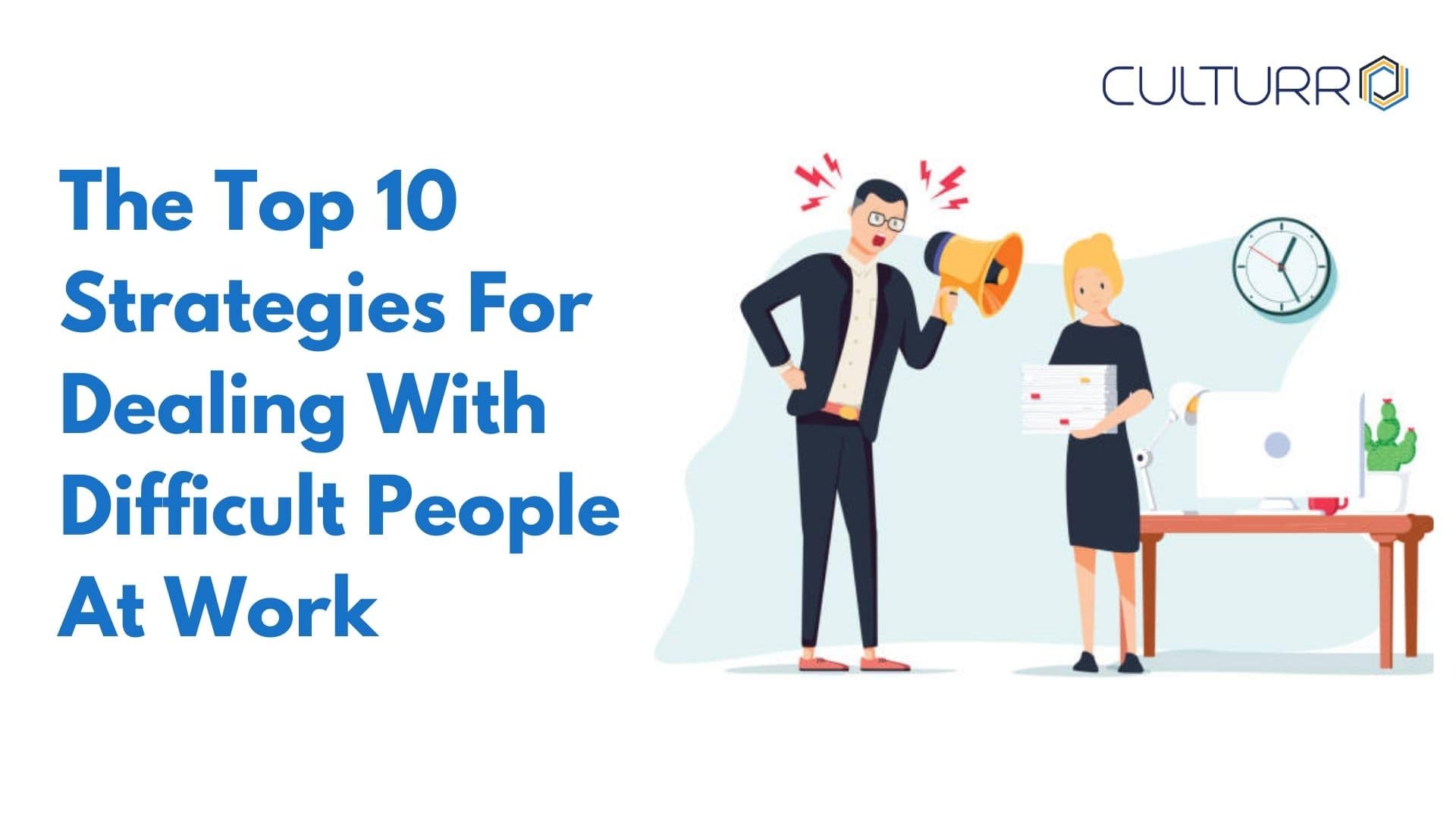How To Deal With Coworkers With Bad Attitudes

Urgent action is needed to mitigate the impact of negative attitudes in the workplace. Left unchecked, toxic behavior can erode morale and productivity.
This article provides practical strategies for handling difficult coworkers, focusing on maintaining professionalism and safeguarding your well-being.
Recognizing the Problem: Identifying Toxic Behaviors
First, learn to recognize the behaviors. Watch out for consistent negativity, gossip, and passive-aggressive communication from coworkers.
According to a 2023 study by Gallup, "actively disengaged employees" cost the U.S. economy an estimated $450–$550 billion per year. This highlights the significant financial implications of addressing negativity.
Strategy 1: Set Boundaries and Limit Interaction
Establish clear boundaries with difficult coworkers. Avoid engaging in gossip or unnecessary conversations.
Keep interactions professional and focused on work-related tasks. Minimize personal discussions to prevent conflicts.
Strategy 2: Focus on What You Can Control
Concentrate on your own performance and attitude. Don't let the negativity of others affect your work ethic.
Remember, you can only control your reactions and responses. Maintaining a positive attitude, even in the face of negativity, can create a buffer.
Strategy 3: Document Everything
Keep a detailed record of any instances of harassment or unprofessional behavior. Include dates, times, and specific details of the incident.
This documentation will be crucial if you need to escalate the issue to HR or management. Accurate records are essential for substantiating claims.
Strategy 4: Communicate Assertively
Address the behavior directly but professionally. Use "I" statements to express how their actions affect you.
For instance, say, "I feel uncomfortable when you make negative comments about other colleagues." Avoid accusatory language.
Strategy 5: Seek Support and Advice
Talk to a trusted colleague, mentor, or friend about the situation. Gaining an outside perspective can be helpful.
Never bottle up your feelings. Sharing your experience can provide emotional support and help you develop effective coping strategies.
Strategy 6: Involve HR or Management When Necessary
If the behavior persists or escalates, report it to HR or your supervisor. Provide them with your documented evidence.
Companies have a responsibility to create a safe and respectful work environment. HR departments are there to help.
Strategy 7: Practice Self-Care
Dealing with difficult coworkers can be emotionally draining. Prioritize self-care activities to manage stress.
Ensure you get enough sleep, exercise regularly, and engage in activities you enjoy. Taking care of yourself is crucial for maintaining your well-being.
Moving Forward: Ongoing Vigilance and Support
Be prepared to continually reassess the situation and adjust your strategies as needed. Some situations require ongoing monitoring.
Remember, you are not alone. Support networks are available to help you navigate challenging workplace dynamics. Consult with HR professionals when needed.
Stay informed about company policies and resources available to address workplace conflicts. Proactive engagement is key to creating a positive work environment for you and your colleagues.











:max_bytes(150000):strip_icc():format(webp)/how-to-deal-with-difficult-people-at-work-1919377-v5-5b74a14c46e0fb0050480872.png?ssl=1)





![How To Deal With Coworkers With Bad Attitudes [Video] How to Deal with a Negative Coworker - Happy Brain Science](https://www.happybrainscience.com/wp-content/uploads/2017/12/YouTube-Thumbnails-Happy-Brain-Science.png)
